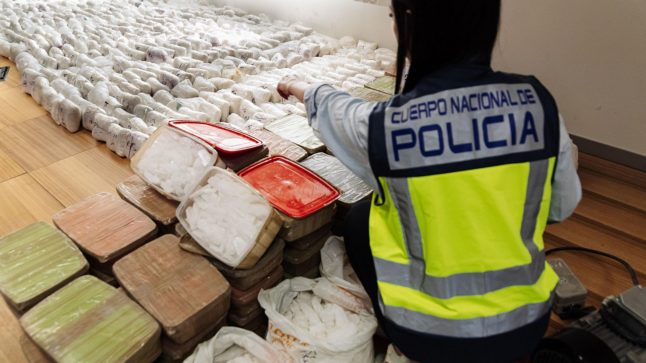Lawyers said it was the first time a court had recognised that sick leave taken by a content moderator was the result of his job monitoring disturbing content.
Content moderators examine images, videos and comments posted by users to decide whether or not to remove them in line with a company’s policy, in this case Meta.
The case, which was first reported by La Vanguardia newspaper, concerns an employee working for CCC Barcelona Digital Services, which monitors disturbing content on Facebook and Instagram.
He was identified by the paper as a 26-year-old Brazilian who was still under ongoing psychiatric care.
The ruling, which was released this week and has been seen by AFP, said he monitored extreme content such as self-harm, torture, decapitations by extremist groups and suicide.
Eight months into the job, he signed off sick with serious psychological side effects, it said, citing medical reports of issues including panic attacks, nightmares, sleep problems and an overwhelming fear of death.
‘The unquestionable trigger
Despite CCC arguing his psychological problems were down to “common illness”, magistrate Jesus Fuentes found that “work-related issues were the sole, exclusive and unquestionable trigger”.
Spain’s labour inspectorate had already published a damning report in 2022, imposing a fine and sanctions on CCC for its inaction “despite being aware of its workers’ psychological problems due to their work”.
The employee’s lawyer, Francesc Feliu, who also represents around 20 other CCC staff, told AFP his legal firm had separately filed a criminal complaint “against CCC and Facebook Spain” over the serious infractions cited in the report and the psychological harm suffered.
“The company is trying to avoid liability… by saying the mental illness suffered by content moderators has no connection with their work so this ruling is extremely important because it rejects that argument,” he told AFP.
“We are seeking a criminal conviction for company officials because they were aware of the risks to which the moderators are exposed yet the firm has not acted to minimise the potential risk.”
CCC, which has worked for Meta since 2018, was acquired by Canada’s Telus International in 2020 and has 2,000 staff at its Barcelona operations.
Telus told AFP it was “disappointed with the verdict” and would appeal.
“For these types of illnesses to be considered occupational accidents, they must exclusively result from the execution of that work, which we feel was firmly refuted,” it said.
Work-related mental health concerns accounted for “between one and two percent of total absences”, it added.



 Please whitelist us to continue reading.
Please whitelist us to continue reading.
Member comments